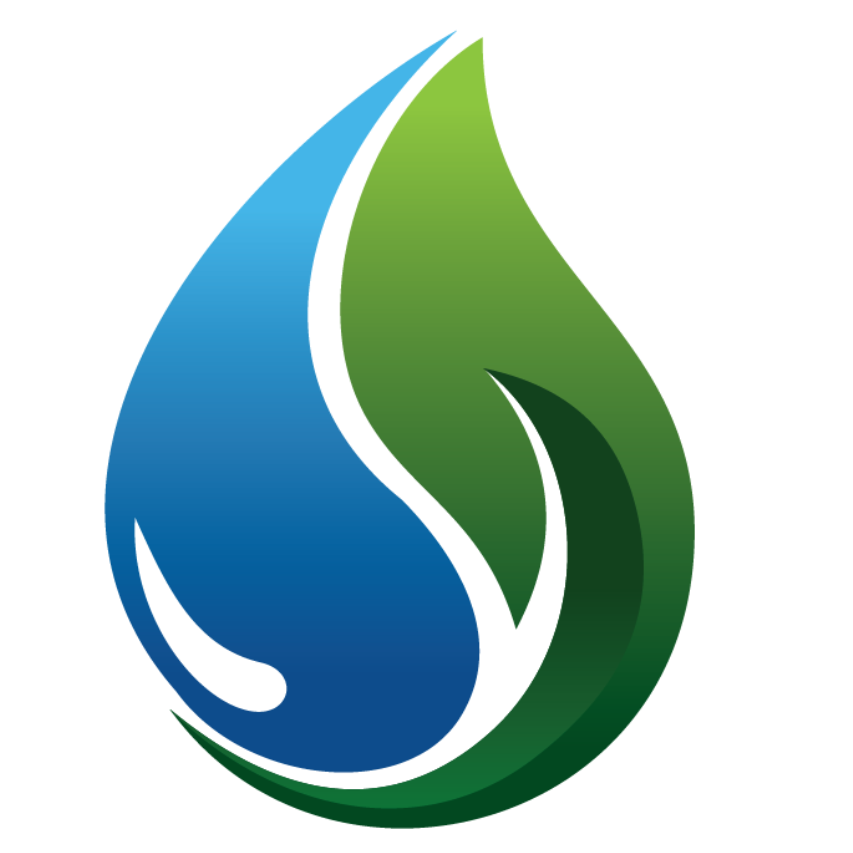
Installing a water filtration system may seem like a significant upfront investment, but it’s an investment that pays off over time. From reducing the need to buy bottled water to prolonging the life of appliances and plumbing. Water filtration can offer substantial savings. Kiwi Water Systems explains how a water filtration system can save you money in the long run.
1. Saving on Bottled Water Costs
Many people rely on bottled water for drinking because they feel it’s a cleaner and safer option than tap water. However, this can quickly become costly. Here’s a closer look at how much you can save by switching to a filtration system:
- Annual Cost of Bottled Water: According to experts, the average American spends about $100 to $300 per person on bottled water each year. For a family of four, that can easily amount to $400 to $1,200 annually on bottled water alone.
- Cost of Water Filtration Systems: A quality home water filtration system can cost between $450 and $3,500 depending on the type and capacity. While this may seem high, it’s a one-time investment with minimal maintenance costs.
- Potential Savings: By eliminating or drastically reducing bottled water purchases, a filtration system can pay for itself within the first year or two.
Beyond financial savings, choosing a water filtration system over bottled water is an environmentally friendly option, reducing the amount of single-use plastic waste.
2. Extending the Life of Home Appliances, Preventing Plumbing Damage and Reducing Maintenance Costs
Unfiltered water often contains minerals, sediment, and other impurities that can build up in appliances, causing them to wear out faster and wreak havoc on your plumbing system. Here’s how filtered water can benefit some of your most essential home appliances:
- Coffee Makers and Kettles: Hard water, which is rich in minerals like calcium and magnesium, can lead to scale buildup in coffee makers and kettles. This buildup reduces efficiency and can lead to costly repairs or replacements.
- Washing Machines and Dishwashers: Hard water deposits can damage internal components over time, reducing efficiency and shortening the lifespan of these appliances.
- Water Heaters: Sediment in unfiltered water can settle at the bottom of water heaters, affecting efficiency and requiring more energy to heat the water.
- Reducing Pipe Damage: Minerals in hard water can lead to scaling and buildup in pipes, causing clogs and even corrosion over time. This scaling can reduce water pressure and eventually require costly pipe replacement.
- Lower Plumbing Maintenance Costs: Scaling from mineral deposits can lead to frequent calls to the plumber, especially if pipes become clogged or damaged. By reducing these deposits, a water filtration system can reduce the need for frequent maintenance calls.
- Avoiding Leaks and Bursts: Hard water scaling can put additional pressure on your plumbing system, making pipes more susceptible to leaks and even bursts. These issues can lead to costly repairs and potential water damage.
A water filtration system helps by reducing mineral buildup and sediment damage and preserving your pipes and reducing plumbing issues. Avoiding the expense of premature repairs or replacements. Potentially lowering your energy bills by improving appliance efficiency.
4. Enhancing Home Value and Long-Term Savings
Investing in a water filtration system can also enhance the long-term value of your home. Appealing to potential buyers who prioritize clean water and low maintenance systems. Here’s how this works:
- Increased Home Value: Homebuyers today are often looking for eco-friendly and cost-effective features. A water filtration system can be an attractive selling point.
- Reduced Health Costs: Filtered water is free from contaminants that can sometimes lead to health issues. By drinking and cooking with cleaner water, you reduce the likelihood of health issues. This can lead to savings on medical expenses.
Types of Water Filtration Systems and Their Costs
To maximize these cost benefits, it’s essential to choose the right type of filtration system. Here’s a quick overview of popular options and their associated costs:
- Carbon Filters: These are often installed as countertop or under-sink units. They are effective at removing chlorine and sediment. Carbon filters typically cost between $50 and $300.
- Reverse Osmosis Systems: Known for their effectiveness, these systems can remove many contaminants, including lead and nitrates. Reverse osmosis systems can range from $450 to $1,500.
- Whole-House Filtration Systems: These systems treat water at the point where it enters your home. This ensuring that all faucets, appliances, and showers receive filtered water. Whole-house systems typically cost between $3,000 and $6,500.
Each of these systems offers a different level of filtration, so you can choose one based on your specific needs and budget.
Conclusion: Reaping the Financial Rewards of Filtered Water
When you break down the costs and potential savings, it’s clear that a water filtration system offers several long-term financial benefits. By reducing the need for bottled water, protecting appliances, and safeguarding your plumbing. A water filtration system can pay for itself quickly and continue to deliver value for years.
So, if you’re considering a way to improve your home’s water quality while saving money. Kiwi Water System, Inc is your trusted source for premium water filtration solutions. With a commitment to delivering pure, clean water for homes and businesses.
Call (909) 719-0653 to get your free water test and start enjoying better-tasting, cleaner water that benefits your budget—and the environment.

Leave a Reply